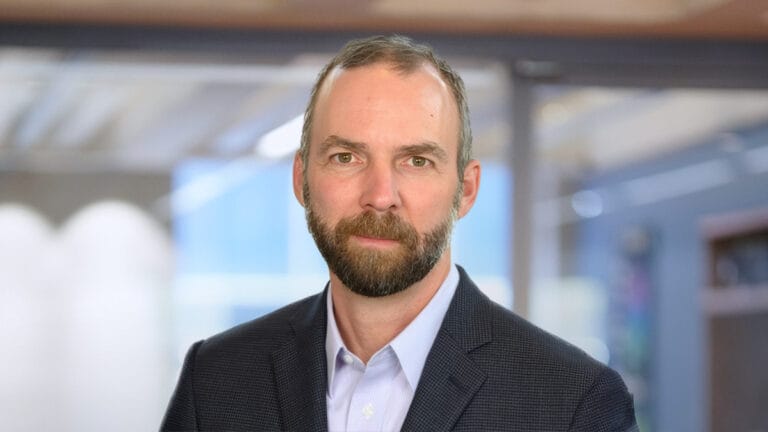

The TV shows made for lively if unrealistic viewing: lawyering in real-life terms is not about clever one-liners and smoking cigars at the end of a working day. And while the term ‘legal powerhouse’ is real, in some quarters it’s undergoing a metamorphosis. There’s a growing realization that the old ways of thinking and doing things are not necessarily the best ways to go about your day in terms of your own happiness, or your connectedness to your business.
Marija Dukadinovska, Legal Counsel at Kookai, has reimagined the legal powerhouse as a character more befitting the modern workplace and context: a new spin on an old classic. If the Covid-19 pandemic has shown us anything, it’s that there is tremendous latent value in redefining and reimagining old ways of working.
The first inklings of this new concept of legal powerhouse came to Dukadinovska when she worked at Gadens, in their banking and finance team. There, she was introduced to the idea of providing ‘commercial advice’. Commercial advice in this sense meant providing holistic advice which considered the context and goals of a client as opposed to a strict letter of the law interpretation. Over time the idea evolved, and Dukadinovska’s forward-thinking legal powerhouse is now defined by five key terms: resilience, commercial-thinking, tech-savvy, great communication, and innovation.
Dukadinovska says embodying these terms is vital. “Anyone can read and interpret the law and regurgitate what it says, and that is a way we’ve been taught throughout law school. But to see things in a holistic way and see it from the perspective of a business owner, will inevitably change the way you approach your job as a lawyer.”
In simple terms, a legal powerhouse no longer relies on brute force. Instead, it is about being the best lawyer you can be in a truly holistic way, taking into account all facets of the company you are advising.
The goal posts have shifted from providing one-size-fits-all commercial advice to bespoke strategic guidance which requires counsel to work smarter as opposed to harder; moving away from the legal ivory tower, or silo, and attending those strategic meetings and understanding the outcomes being sought.
Being a legal powerhouse doesn’t mean saying “yes” all the time. What it means is shifting your perception of your role from interpreter of the law to creative problem-solver and business enabler. It means re-engaging with your creative inner self; having a comprehensive view of the problem and all its moving parts and offering solutions based on finesse rather than force.
Legal powerhouses can act with more finesse if they are empowered by a greater understanding of a company’s position and goals. “You’re not just trying to fit advice that is a square peg into a round hole, you’re adapting to the environment, the circumstances and issues you’re facing, and providing advice or opinion in that regard,” says Dukadinovska.
The primary benefit of adopting this approach is in a word – connectivity. By engaging more proactively within the business, you become a more connected part of it. You are able to better understand the roles of those around you, and you can empower them to better understand your role too. In the near-term, this means other business functions may begin to adopt more autonomy with contract or drafting matters, which gives you more time to focus on bigger ticket items.
The definition of a legal powerhouse is shifting from that of an adversarial pit bull to a connected, vocal and strategically minded individual who acts, firstly, as a business enabler and critical thinker, and as an interpreter of the law. In the long-term, becoming a legal powerhouse means altering one’s mindset, no longer being solely a legal function but rather a vital and strategic output embracing creativity that can help drive the company forward.


